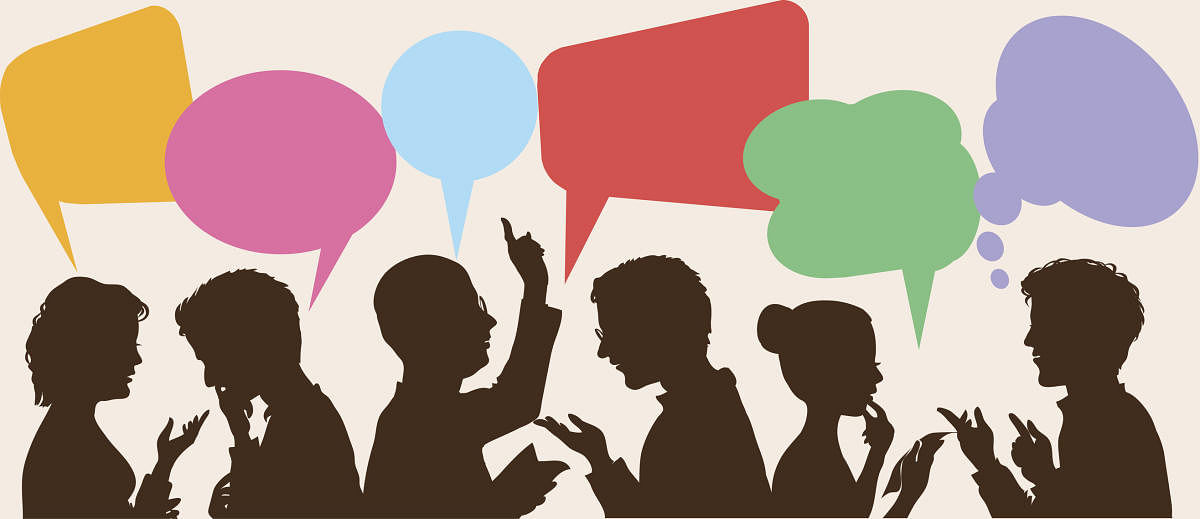The parable of the blind man who has no concept of the elephant, but learns to conceptualise it by touch, says it all. History is littered with wreckage ignited by clashing perspectives. Every day, communities, collaborators and corporations are riven by conflict — and courts overwhelmed with disputes.
A liberal education is not a panacea for conflict. It is a rigorous methodology that gives people the cognitive skills to become more thoughtful problem-solvers, innovators, citizens and leaders. Conflict flares when divergent perspectives clash. But no single perspective has a monopoly on the truth.
Appreciating the diversity of perspectives is not the same as the pop culture slogans “everything is relative” or “anything goes”. There must be ground rules, even while we question those very ground rules. These ground rules constitute critical thinking.
Critical thinking
Critical thinking is actually a collection of cognitive skills that together provide a framework for reconciling divergent perspectives, advancing wisdom and improving the lives of people. The first ingredient of critical thinking is illustrated by the blind men and the elephant.
There are multiple perspectives on almost every issue. Even our perceptual experience of — and memory of — the everyday world varies with the perspective. The same object appears different depending upon the viewpoint and viewing conditions, the same event is remembered differently by people who witnessed it, and the same speech is interpreted differently depending on one’s prior exposure and belief system. Indeed, no two people witnessing the same object or event will describe it in exactly the same way.
A liberal education inculcates a discipline of understanding multiple perspectives before passing judgment, embracing a belief, or planning a course of action.
The second ingredient of critical thinking is healthy scepticism. That means knowing that what we experience or are told is not always what it seems at first. It means questioning orthodoxy challenging one’s preconceptions and sniffing out over-simplification. It also means acquiring a level of comfort with knowing what you don’t know and resisting the temptation to fill gaps in knowledge with sweeping, unexamined answers.
Scepticism does not imply cynicism. Modern science has evolved constructive critical thinking skills for evaluating evidence, embracing and analysing complexity, and testing alternative hypotheses – coupled with a culture of free thought and transparent critique – that provide building blocks for new knowledge systems even as you tear down old ones.
Divergent perspectives
Liberal education teaches you to constantly unlearn and re-learn, never becoming complacent in the belief that you have figured everything out. It teaches you to extract constructive value from dissent. Liberal education is the wisdom that emerges when divergent perspectives clash.
It’s hard to think of a single major problem facing the nation or the world that can be solved by a single academic subject. Consider the challenge of providing clean drinking water to all people. Any solution on a large scale involves multidisciplinary and interdisciplinary approaches. ‘Clean drinking water for all’ solutions call upon knowledge in engineering, physical and biological sciences; but they also need good public policy, which in turn requires public education, analyses of cultural practices, institutional organisation and behaviour, psychology and politics. This points to the inadequacy of disciplinary education.
The academic disciplines play a huge role in advancing knowledge by drilling down. But it is time for us to integrate this knowledge across disciplines to solve the big problems of society. A liberal education gives all students a broad spectrum of knowledge — a range of perspectives that stretches the mind beyond traditional modes of thought and subject boundaries, thereby equipping them with the tools to make the world a better place.
A student interested in tackling big issues should not be sent from one department to another with the dismissive directive: “that’s not my department”. A liberal education exposes the mysteries that fall between the cracks.
Finally, perspectives can never be reconciled without empathy, mutual respect for one another’s positions or interests.
(The author is an educationist)
